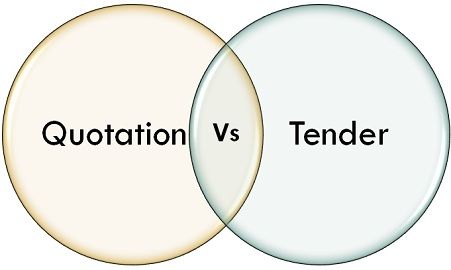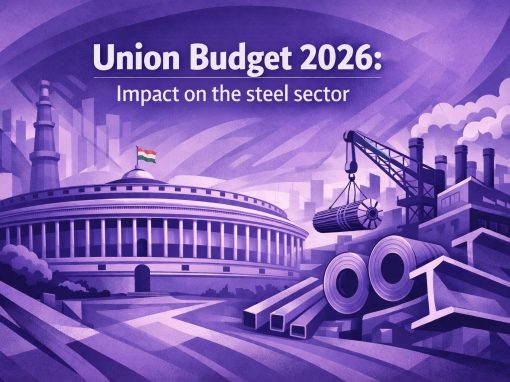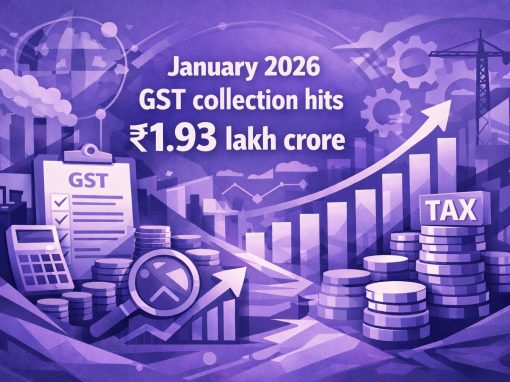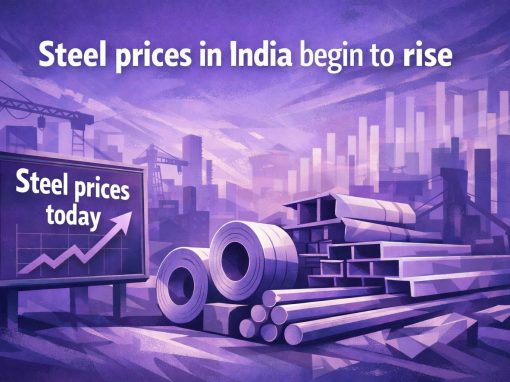Table of Contents
Tenders and quotations are widely used terms in the world of tendering and bidding. Do you know their difference? While many people think that tenders and quotations are one and the same, that is not the case. There are differences between the two terms, their application, and usage. To understand them better, let us first define tenders and quotations.
What is a tender?
When government departments or large private companies invite suppliers to bid, they issue an Invitation to Tender (ITT) or a Request for Tender (RFT).
An RFT/ITT usually contains details of the procurement to be made and expectations from the supplier. For example, in case of procurement of services, it contains project details, timelines, bidders’ criteria, etc. Along with smaller requirements, the government issues tenders for large projects such as construction of roads/metros, infrastructure building, so on. Large entities like the Railways department issues tenders for procurement of various parts, building wagons, engines, etc.
In the past, tender notifications were usually published on various leading national and regional-language newspapers, and leading public portals. However, with time the process of government tendering has shifted online and today the government publishes its tenders on its e-procurement system – the Central Public Procurement Portal (CPPP). There are portals for state specific tenders as well, such as (e.g. Mahatenders eProcurement, eProcurement for Karnataka etc.).
Now that we understand the meaning of tenders, let us take a look at the meaning of quotations.
What is a quotation?
If a tender is an invitation to bid for a project, a quotation is the formal response to the invitation with details on pricing or cost that does not change later. Quotation is an essential part of the tendering or bidding process. It is not an estimate but the actual cost of the project that the bidder/supplier is quoting for the tender.
Tendering is a complex process. Many times, tender responses are invited in two stages. The buyer expects only project details in a response during the first stage. Based on the project details, suppliers are shortlisted and then quotes are invited from these selected vendors. It is a collaborative approach that gives buyers and suppliers a complete understanding on how the project is going to be completed, payment terms, technical aspects involved in the project, expected quality, so on and so forth.
The key thing to keep in mind when you compare quotations and tenders is that the whole process, starting from publishing a request for tender to awarding a contract, is referred to as the tender process.
Quotation vs. Tender
Now that we understand the basic difference between tender and quotation, let us take a closer look at the meaning of tenders and quotations.
| Tender | Quotation |
| Published by government departments or large organisations that plan to procure products or services | Response to the tender invitation that includes cost of the project |
| An invitation for suppliers to participate and bid in the tendering process | An offer made in response to RFT/ITT or Request for Quote (RFQ) with price mentioned in it |
| Includes details of requirements along with the deadline | Includes information about the project along with the offer made by the supplier |
How does a bidding process work?
There are five stages of a tender bidding process. Here are all the stages.
1.Publishing request for tender
When the buyer narrows down on the requirements, they publish a request for tender on public platforms. For government contracts, online tenders are available on the eProcurement portal (central and state) and GeM portals. The tender notice/announcement communicates scope of work, technical specifications, bidders’ criteria, other expectations, supporting documents to be submitted by the bidders, deadline, and other relevant details.
2. Suppliers start filling in the response
Once the supplier spots a relevant tender for their business, they start working on filling the document. Many organisations that participate in bidding processes regularly have a bid manager. The bid manager thoroughly reads the tender document requirements and collaborates with the respective teams. He/she is also responsible for compiling all necessary documents and details, preparing the tender document, filling the tender and submitting it.
Some of the documents that are frequently asked during this process are Company Profile, Company PAN card, Udyam Registration Certificate, CA audited turnover, etc. Sometimes, bidders may also require businesses to pay tender fees and/or Earnest Money Deposit (EMD) while submitting the response.
Many organisations also use a e-Tender management system to manage tender applications. Though these are more effective for publishing tenders, many use it to keep all their tender and quotation details in one place.
3. Bids are open
After the due date, the buyer opens all tender response documents and selects the ones that suit their requirements the best. Acceptance or rejection of the offer is communicated to all the bidders via email. Alternatively, as a bidder, you can track the tender status on the respective portal.
4. Request to quote
Some tenders request for estimated cost during the first stage of bidding. In such cases, tender responses are evaluated on the basis of technical requirements and quality aspects. Once the suppliers are shortlisted, the buyer makes a request for quote. That is when the supplier submits a quotation.
5. Outcome of the bidding process is revealed
Once all the aspects such as quality, technicalities, pricing, deadlines, etc. are agreed upon, the contract is awarded to the best suited bidder. All the bidders in the final stage are communicated the result.
As a business owner it might be disappointing if you do not win the contract despite making your efforts. It is crucial to understand that there are multiple reasons for tender application rejection. However, it is a learning experience for you to participate in a bidding process. Also, participating in tenders and winning them are advantageous for your company as it helps you build your reputation.
Understanding tender bidding and quoting
The key thing to remember between a tender and a quotation is that it should offer value for money. Departments/organisations floating the tender request have specific procurement requirements and an allotted budget. While they will prefer to select a bidder with a low quotation for the project, they will however select the most competitive bid, i.e., the bid that meets all technical and financial requirements and provides value for money.
As such, learn to quote a tender price properly before you quote. Consider all fixed and variable costs, inflation, and other details before quoting, fill in the Bill of Quantity (BoQ) precisely, pay the tender fees and EMD, and ensure that the tender project is profitable for your business in the end.
Remember, you cannot change the quote in a tender once you submit the tender application. So, it is advisable to carefully calculate and quote in your tender application.
FAQs
Can I send a quote without submitting a tender?
Is EMD always needed when applying for tenders?
What if I try sending more than one quote for the same tender?
I made a mistake in my quote. Can I fix it?
Do tenders always go to the lowest bidders?
Can they cancel a tender after bids are in?
What is the difference between RFP and RFQ?
Can I negotiate after I submit my price?
What is the validity period for quotes?
What is a two-bid tender?
- Technical Bid (evaluated first to shortlist vendors)
- Financial Bid (opened only if the technical bid qualifies)
Looking for the right government tenders for your business?
Tata nexarc helps MSMEs, manufacturers, and service providers find relevant government tenders across India. Discover tenders by location, category, or department, track deadlines, and get notified on time — with complete support to help you apply confidently.









I run a startup (doing well) and it’s a 2 year in the run. I am thinking to start applying to small tenders but have one question. Is tender fee or Earnest Money Deposit (EMD) are same? and if yes, then are these refundable in case your bid is not selected?
I need help with bid evaluation for some ongoing tenders. is there anyone who can help?